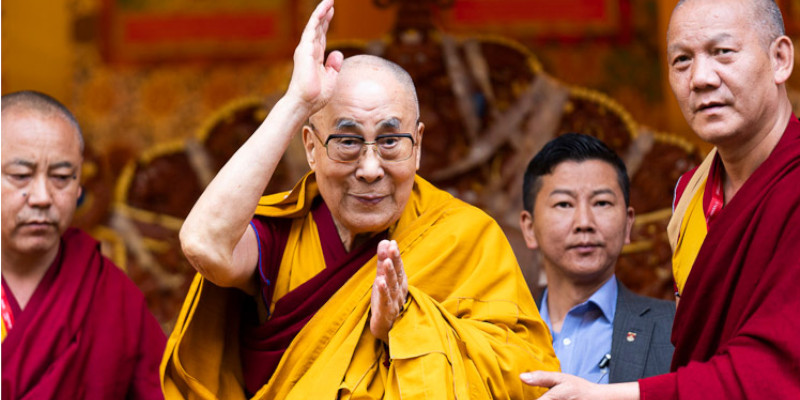Dharamshala, 16th May: On Saturday, the next president of the Tibetan government in exile said that China’s government has no right to choose the next Dalai Lama, particularly because China’s communist leaders do not believe in religion, while the succession of the Tibetan spiritual leader is a deeply religious matter.
Penpa Tsering was confirmed on Friday to be elected as Chief Executive Officer of the CTA (Central Tibetan Administration).
Tsering’s remarks came against the backdrop of China’s demand that the next Dalai Lama be chosen on Chinese soil. China has argued that the Dalai Lama’s successor should be chosen by drawing lots from a golden urn in Lhasa, but the present Dalai Lama, who turns 86 in July, has refuted this.
Tibetans in Lhasa have been told to curb some religious activities during the holy month of ‘Saga Dawa,’ in what appears to be yet another attempt by Chinese authorities to curb the Buddhist population’s religious freedom.
This decision was announced in a circular sent by the Lhasa City Buddhist Association on May 9 ahead of the Tibetan calendar’s fourth month, which started on Wednesday and is considered sacred by Buddhists.
The explanation for the order is the possibility of coronavirus spread. The International Tibetan Campaign (ICT), however, argues that the true objective is to further limit the freedom of religion of Tibetans.
“While coronavirus preventive measures are necessary as the pandemic continues to afflict the world,” the US-based organization said, “the Lhasa authorities appear to be using them as a pretext to continue reducing space for Tibetan Buddhists to practice their faith during this holy month.”
According to the US State Department’s 2020 Report on International Religious Freedom, which cites the leadership of the Chinese Communist Party (CCP), the People’s Republic of China (PRC) constitution states that citizens “enjoy the freedom of religious belief,” but limits protections for religious practice to “normal religious activities,” without defining “normal.”







Leave a Reply